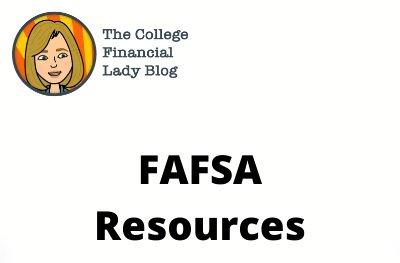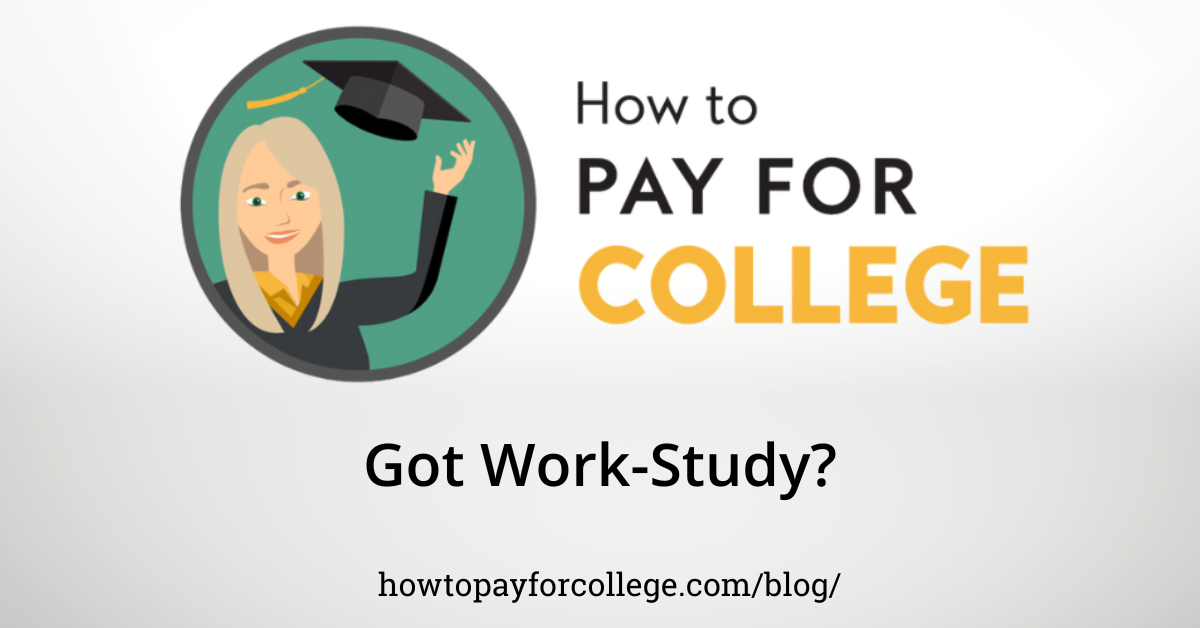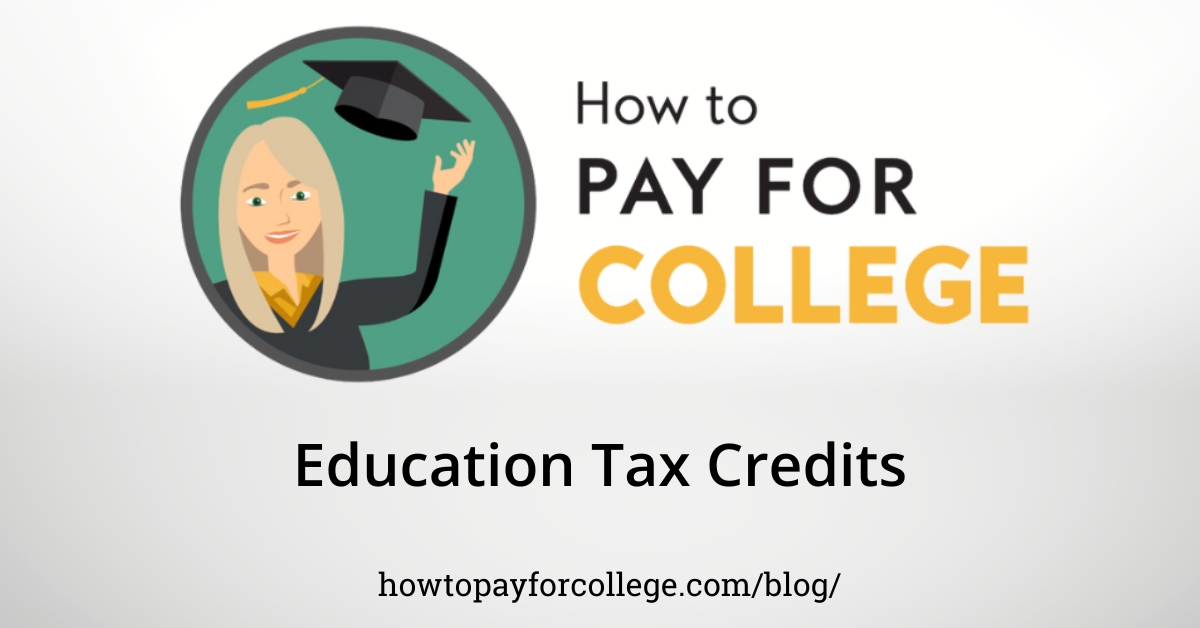
Featured
The new Simplified FAFSA is here! Here’s a quick video with some tips that will help you get through it with a minimum of chaos and maximum of financial aid. 🔗
Most recent posts
Work study falls under the self-help column of financial aid. If your aid award includes work-study, you should understand what it is.
Yes, your household expenses will change when your student goes away to school. But be careful making assumptions about how much extra money you’ll have available to pay for college.
It’s tax time, which means it’s time to claim education tax credits you may be eligible for. Unfortunately, a lot of tax software programs don’t provide good instructions for doing so. Here’s what you need to know.
A lot of financial advisors tell clients not to use 529s for college savings. If that’s what yours says, you might ask whether they’re acting in your best interest.
Form 1098-T is a tuition statement that students receive from their college. Form 1098-T isn't filed with your taxes; instead, you use the information to file and then keep it for your records.
Highlights
Happy 2026! Last year I made a New Year’s Resolution and kept it. That makes me a self-appointed expert on New Year’s resolutions. Here are some resolutions for parents planning for college— and my expert advice on how to keep your resolutions.
Filing the FAFSA and CSS Profile raises tons of questions for divorced parents. Here are some answers.
We’re almost there: acceptance letters are arriving and the May 1 decision day is right around the corner. For most families, how much schools cost is part of the decision making process.
What is and isn’t an asset on the FAFSA? Here’s a quick “is it or isn’t it?” for you.
Parent assets seem to be the area that most families and planners focus on, despite the fact that they typically have the smallest impact on the formula of each of the components. Strategies and tactics to minimize parent assets abound, but for most families these result more in nibbling around the edges than actually making a significant dent in SAI.
The College Board’s annual Trends in College Pricing and Student Aid report was released recently. Among the headline findings: college tuition prices increased at extremely low rates for the second year in a row, reflecting both a combination of continued impacts of the pandemic and enrollment pressures from demographic trends.
Happy FAFSA Day! Are you completing the FAFSA for the first time this year? While you’re waiting for the site to load, here are some resources that will help you get through it with a minimum of chaos and maximum of financial aid.
I think Oregon is one of the last places in the US that starts school after Labor Day so my apologies if you’re no longer in back-to-school mode. Here are some resolutions your family might make for the coming school year. And, here’s hoping they don’t get broken as quickly as the typical New Year’s diet-and-exercise resolutions!
Categories
The FAFSA & CSS Profile
Saving for College
Student Loans
Application Process
Miscellaneous
All blog posts
Who is on the hook for student loans?
An overview of the three primary types of student loans including insights into which loans don’t require a co-signer.
Student Loans: The Good, The Bad and The Ugly
It’s hard to hear the phrase “student debt” without “crisis” appended. But like most types of debt, there is “good” student debt and “bad” student debt. To understand the difference, it’s helpful to look at the economics of a college degree. A college education confers many benefits, but when evaluating debt the economic ones are key.
Taking out a Student Loan
Learn more about what it means to take out a student loans.
Loan Payments in Grace Period
Loan payment strategies to help you reduce your long-term loan balance.
Co-Signing Student Loans
If you’re among the 2/3 of families that will borrow to pay for college, you may be looking at private student loans as one of your options. Unlike federal direct student loans, private student loans typically require a co-signer. It’s vital that parents and others asked to co-sign understand what they are actually doing when co-signing a student loan.
Student Loans and Mortgages
There’s been a great deal of press in recent years about the impact student loans have on the larger economy, especially home purchasing.
Trends in Education Borrowing
The Federal Reserve Board of Governor’s Report on the Economic Well-Being of US Households has a wealth of data on student loans, including a breakdown of borrowing by age range, forms of debt, and payment status by school type. Some interesting points:
Student Loans by School
If you’ve been reading this for a while, you probably know I’m a huge fan of College Navigator as an information source. It’s run by the National Center for Education Statistics and has some information that any prospective student should be aware of.
Fee Increase for Struggling Student Loan Borrowers
Rising Interest Rates and Student Loans
On Wednesday the Fed raised short-term interest rates by 0.25%, with additional rate hikes expected over the course of the year. What does this mean for student loans? Several things.










I Bonds aren’t paying 9% any more, but using them to pay for college can make up for that.